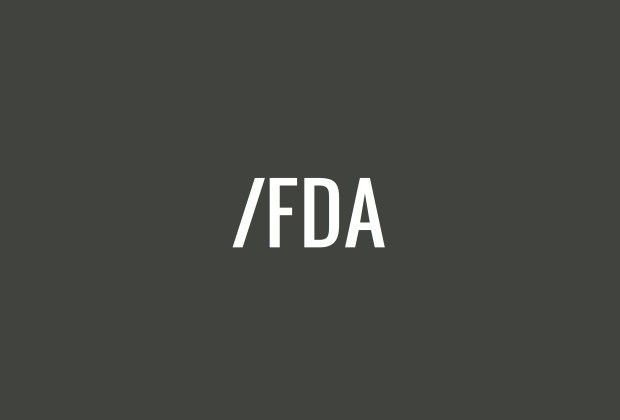Cigar companies will not have to submit substantial equivalence until Sept. 9, 2020.
After weeks of procedural legal functions, an agreed-upon 120-day delay of the U.S. Food & Drug Administration’s (FDA) deadline for companies to submit applications for product approval has been approved.
Judge Paul Grimm of the U.S. District Court for the District of Maryland issued an order forcing FDA to delay the deadline from May 12, 2020 to Sept. 9, 2020; something FDA itself had asked for last month due to complications arising from the coronavirus COVID-19 pandemic. Grimm’s order came after the last procedural hurdle was cleared earlier this week when a previous order from Grimm was approved by a federal appeals court.
The process for FDA being able to change its own deadline has been overwhelmingly complicated due to the legal proceedings surrounding it.
Aa coalition of anti-tobacco health groups and doctors in Maryland sued FDA in 2018 claiming that the agency had no authority to delay the deadlines for product approval, notably the PMTA pathway for e-cigarettes and vaping products, for three years. FDA lost the lawsuit and Judge Grimm ordered the agency to come up with a new deadline for product approval, throwing out the August 2021 deadline. The health groups and doctors did not oppose the 120-day delay, though have stated they would oppose any additional delays.
After lawsuits from the cigar industry, the e-cigarette industry and FDA itself, Grimm’s ruling has now moved before the U.S. Court of Appeals for the Fourth Circuit, which are still active. Because of all of this, it required multiple courts to sign off on FDA’s decisions.
This week’s decisions are only around the requests for the delay in the deadline due to coronavirus, the Fourth Circuit has not yet ruled on appeals over the larger merits of moving up the deadline.
Substantial equivalence is expected to be the main approval process for cigars once FDA’s regulations are fully in effect. In short, a manufacturer would argue that its product is substantially equivalent to an already approved or grandfathered product, and as such poses no additional health risks and does not market towards children.
Cigar manufacturers are required to either file for substantial equivalence or grandfather status by the deadline—now Sept. 9, 2020—in order for their cigars to stay on the market. If they fail to do so, that product must be removed from sale in the U.S. and will not be able to be sold until FDA approves the report.
Complicating matters is that FDA has still not issued an update on its planned new procedures for substantial equivalence and also never issued guidelines from HPHC testing for cigars and other tobacco products. In January, FDA indicated that premium cigars were its lowest priority and that it would handle enforcement in a corresponding manner, though its unclear what that means.


